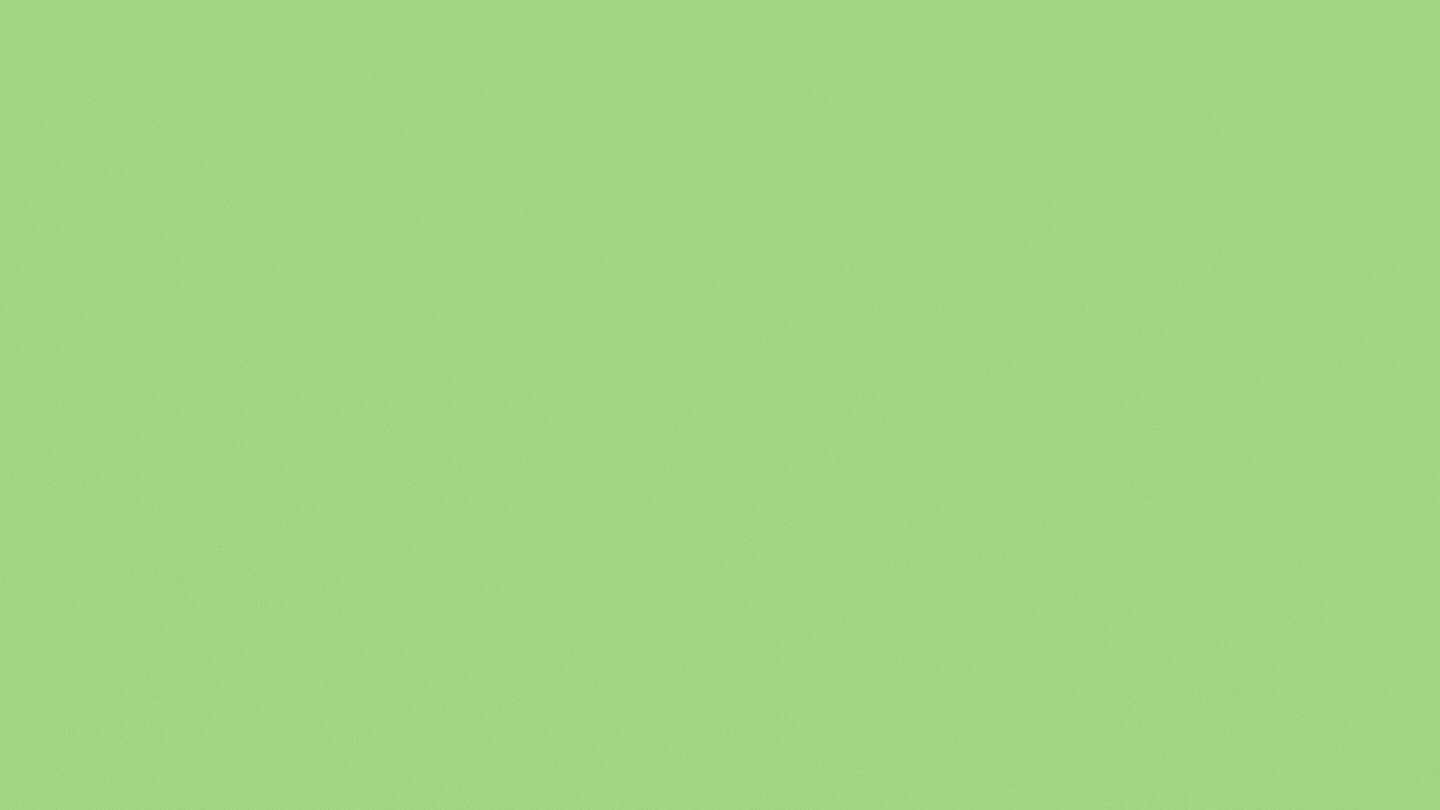27 things you should never flush down the toilet if your have a Sewage Treatment System
Think before you flush
Sewage treatment plants use colonies of live natural micro-organisms to break down pollutants in sewage. Many chemicals found in the household can inhibit or kill these micro-organisms, particularly if used in excessive amounts.
If the micro-organisms are damaged, they will usually recover in time. But in the meanwhile one of the more obvious symptoms is an unpleasant smell, so it is in residents’ interest to avoid this.
Generally speaking all common household cleaning fluids are acceptable, provided they are used in accordance with the makers’ instructions and stipulated concentrations.
If in doubt - leave it out.
The following are some of the most common chemicals found in household situations. It is not an exhaustive list and the golden rule is "If in doubt - leave it out."
Bear in mind too that it isn't only the toilet that is connected to the treatment plant; anything that goes down the sink, bath etc. also ends up there.
Cleaning Products
Washing machine and dishwasher detergents, washing up liquids: Perfectly all right in normal concentrations and usage. Problems can occur if, for instance, you are washing the jerseys of the local rugby club's five teams! Excess amounts of biological detergent can affect the biomass development.
Floor cleaners, disinfectants and bleaches are safe to use in accordance with the makers recommendations and in the minimum necessary concentration. Do not pour neat disinfectant or bleach down the sink or outside gullies. If these are smelly it usually indicates a build-up of decaying material or a plumbing problem and should be dealt with accordingly.
Nappy disinfectants and bottle sterilizing fluids e.g. Milton: When disposing of the used fluid, ensure that it is well diluted with water. The easiest way of doing this is usually to flush it away down the toilet.
Food & Drink
Potato Rumblers and Food Disposal units – should not be connected to the sewage treatment system
Waste disposal units: These do not inhibit the micro-organisms, but, depending on use, they can present the treatment plant with considerable extra load. Much better to compost your vegetable peelings etc. - it's cheaper and environmentally friendly.
Home beer and wine making: This presents a similar problem to waste disposal units. The treatment plant has to work as hard to treat one pint of beer tipped down the drain as it does to treat all the normal waste produced by one person in 24 hours. See also the notes above regarding sterilizing fluids.
The following must not be discharged into the drains
- Cooking oil and fat, unless grease management system is in place
- Weed-killers, insecticides, fungicides and other gardening chemicals
- Paint, thinners, white spirit, turpentine, creosote etc.
- Medicines, take unused medicines to a pharmacist for safe disposal
- Food waste - cooked or raw - including fresh meat products, blood, dairy and milk based products
- Motor oil, grease, anti-freeze, brake fluid etc.
- Nappies, sanitary towels, rags, soft toys, wet wipes, tennis balls
- Photographic developing fluids

